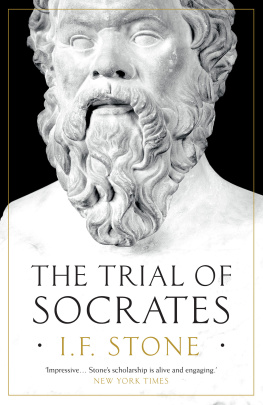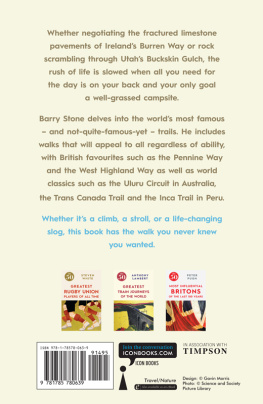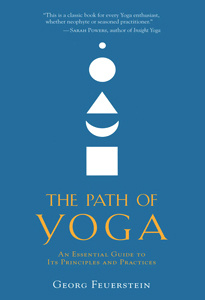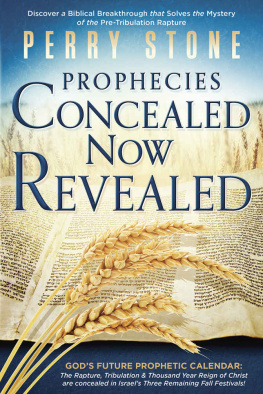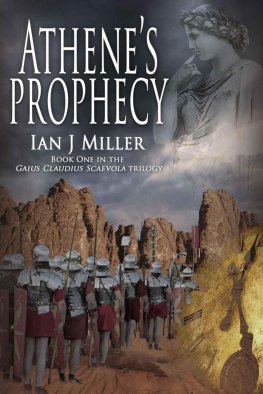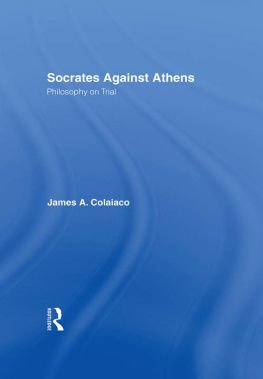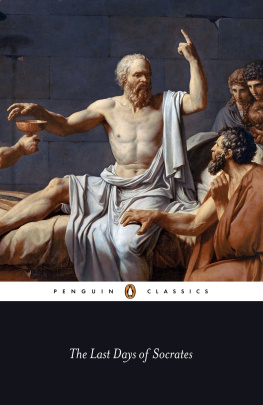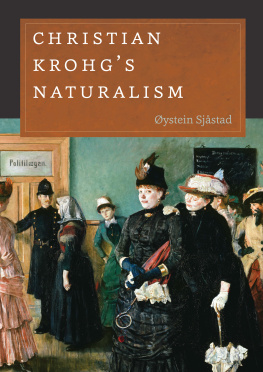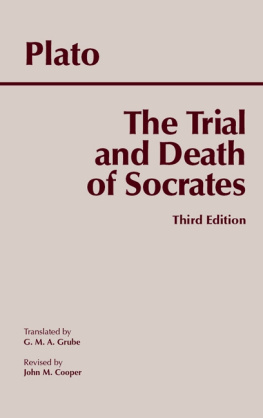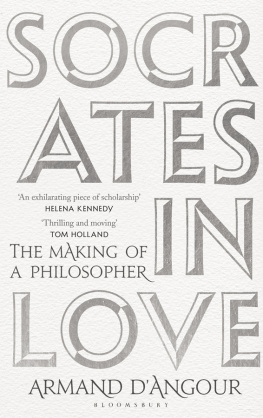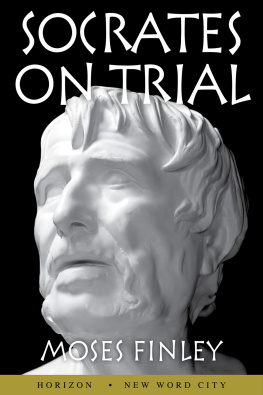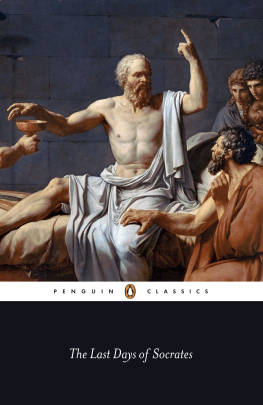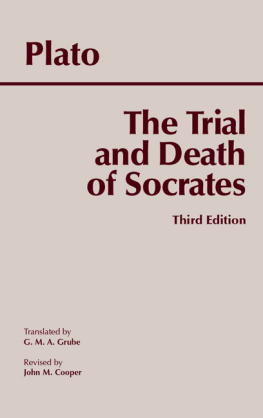Stone - The Trial of Socrates
Here you can read online Stone - The Trial of Socrates full text of the book (entire story) in english for free. Download pdf and epub, get meaning, cover and reviews about this ebook. City: London, year: 2015, publisher: Head of Zeus, genre: Detective and thriller. Description of the work, (preface) as well as reviews are available. Best literature library LitArk.com created for fans of good reading and offers a wide selection of genres:
Romance novel
Science fiction
Adventure
Detective
Science
History
Home and family
Prose
Art
Politics
Computer
Non-fiction
Religion
Business
Children
Humor
Choose a favorite category and find really read worthwhile books. Enjoy immersion in the world of imagination, feel the emotions of the characters or learn something new for yourself, make an fascinating discovery.
- Book:The Trial of Socrates
- Author:
- Publisher:Head of Zeus
- Genre:
- Year:2015
- City:London
- Rating:3 / 5
- Favourites:Add to favourites
- Your mark:
- 60
- 1
- 2
- 3
- 4
- 5
The Trial of Socrates: summary, description and annotation
We offer to read an annotation, description, summary or preface (depends on what the author of the book "The Trial of Socrates" wrote himself). If you haven't found the necessary information about the book — write in the comments, we will try to find it.
The Trial of Socrates — read online for free the complete book (whole text) full work
Below is the text of the book, divided by pages. System saving the place of the last page read, allows you to conveniently read the book "The Trial of Socrates" online for free, without having to search again every time where you left off. Put a bookmark, and you can go to the page where you finished reading at any time.
Font size:
Interval:
Bookmark:


www.headofzeus.com
To my wife, Esther
without whom this,
and so much else of me,
would not have been possible
This is really a fragment of what was originally meant to be a larger, a much larger, work.
No book can be fully understood unless the writer discloses the motivation that led him to embark on his onerous task. How, after a lifetime of muckraking that invidious term for critical and independent journalism was I drawn into classical studies and the trial of Socrates? When angina pectoris forced me to give up I . F . Stones Weekly at the end of 1971 after nineteen years of publication, I decided to embark in my retirement on a study of freedom of thought in human history not freedom in general, which has too many ambiguities, and may even be identified with the freedom of the strong to exploit the weak, but freedom to think and to speak. This project had its roots in a belief that no society is good, whatever its intentions, whatever its utopian and liberationist claims, if the men and women who live in it are not free to speak their minds. I hoped that such a study would help a new generation, not only to preserve free speech where it exists and is always threatened from motives good as well as bad but to help embattled dissidents in the communist world find their way to a liberating synthesis of Marx and Jefferson.
In my youth I was drawn both by philosophy and journalism. I read the fragments of Heraclitus the summer after I graduated from high school. I majored in philosophy at college, but I was also working my way as a journalist full time when I dropped out in my junior year and made newspaper work my lifelong career.
But I never lost interest in philosophy and history, and turned to them in my retirement. I began my explorations into freedom of thought by spending a year studying the two English revolutions of the seventeenth century, which played so large a part in the development of the American constitutional system.
I soon felt that I could not fully understand the English seventeenth-century revolutions without a fuller knowledge of the Protestant Reformation, and the close connection between the struggle for religious liberty and the struggle for free expression.
To understand the Reformation, it was necessary to go farther back again and probe into those premonitory stirrings and adventurous thinkers in the Middle Ages who sowed the seeds of free thought. This in turn was closely associated, of course, with the impact on Western Europe when Aristotle was rediscovered through Arabic and Hebrew translations and commentaries in the twelfth century.
This led back to the sources of these liberating influences in ancient Athens, the earliest society where freedom of thought and its expression flourished on a scale never known before, and rarely equaled since. There, like so many before me, I fell in love with the ancient Greeks.
When I first got back to ancient Athens, I thought in my ignorance that I would be able to do a cursory survey, based on standard sources, of free thought in classical antiquity. But I soon found that there were no standard sources. Almost every point in classical studies was engulfed in fierce controversy. Our knowledge resembles a giant jigsaw puzzle, many parts of which are forever lost. Scholars of equal eminence are able to fashion from the surviving fragments contradictory reconstructions of a vanished reality. These tend to reflect the preconceptions with which they began.
So I turned to the sources for myself. There I found that one could not make valid political or philosophical inferences from translations, not because the translators were incompetent but because the Greek terms were not fully congruent as one would say in geometry with their English equivalents. The translator was forced to choose one of several English approximations. To understand a Greek conceptual term, one had to learn at least enough Greek to grapple with it in the original, for only in the original could one grasp the full potential implications and color of the term.
How can one understand the word logos , for example, from any one English translation, when the definition of this famous term in all its rich complexity and creative evolution requires more than five full columns of small type in the massive unabridged Liddell-Scott-Jones Greek-English Lexicon ? A thousand years of philosophic thought are embodied in a term that begins by meaning talk in Homer, develops into Reason with a capital R, as the divine ruler of the universe in the Stoics, and ends up in the Gospel of St. John by a subtle borrowing from biblical sources as the creative Word of God, His instrument in the Creation.
In my day, even in a country high school, one had four years of Latin to prepare for college, and Catullus and Lucretius were among my early enthusiasms. But I had only one semester of Greek in college before I dropped out in my junior year.
I decided in retirement to learn enough Greek to be able to grapple with conceptual terms for myself. I started on my own with a bilingual edition of the Gospel of St. John, then went to the first book of the Iliad . But the study of Greek soon led me far afield into the Greek poets and Greek literature generally. Their exploration continues to be a joy.
But the more I fell in love with the Greeks, the more agonizing grew the spectacle of Socrates before his judges. It horrified me as a civil libertarian. It shook my Jeffersonian faith in the common man. It was a black mark for Athens and the freedom it symbolized. How could the trial of Socrates have happened in so free a society? How could Athens have been so untrue to itself?
This book is the fruit of that torment. I set out to discover how it could have happened. I could not defend the verdict when I started and I cannot defend it now. But I wanted to find out what Plato does not tell us, to give the Athenian side of the story, to mitigate the citys crime and thereby remove some of the stigma the trial left on democracy and on Athens.
No other trial, except that of Jesus, has left so vivid an impression on the imagination of Western man as that of Socrates. The two trials have much in common. There is no independent contemporary account of either, not even a fragmentary allusion. We have no transcripts, no court records. We do not hear the prosecution. We know the story only as told later by loving disciples.
In the case of Socrates, we do have the indictment. But we do not have what lawyers call a bill of particulars the specific charges rather than the general allegations. We do not know under what law or laws the charges were brought.
Both Jesus and Socrates achieved immortality through martyrdom. For Christian theology, the Crucifixion fulfilled the divine mission. But for Socrates even martyrdom would not have been enough. Socrates left no writings of his own. Of his many and diverse disciples there have survived only the writings of Plato and Xenophon. If only Xenophons recollections of Socrates had survived, even the final cup of hemlock would not have been enough to immortalize him. (The Socrates of Xenophon is rather platitudinous and banal, sometimes a downright philistine, capable even in one passage of Xenophons Memorabilia his recollections of Socrates of jokingly offering to act as a panderer to a well-known Athenian courtesan.) Had Socrates been acquitted, had he died comfortably of old age, he might now be remembered only as a minor Athenian eccentric, a favorite butt of the comic poets.
Font size:
Interval:
Bookmark:
Similar books «The Trial of Socrates»
Look at similar books to The Trial of Socrates. We have selected literature similar in name and meaning in the hope of providing readers with more options to find new, interesting, not yet read works.
Discussion, reviews of the book The Trial of Socrates and just readers' own opinions. Leave your comments, write what you think about the work, its meaning or the main characters. Specify what exactly you liked and what you didn't like, and why you think so.

